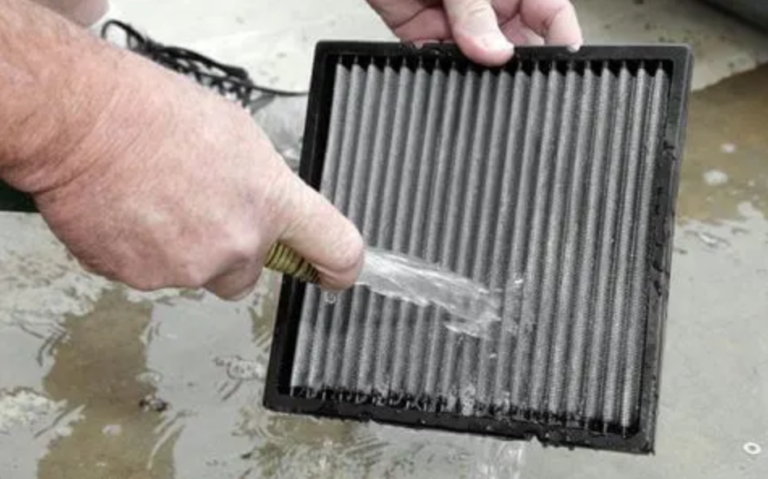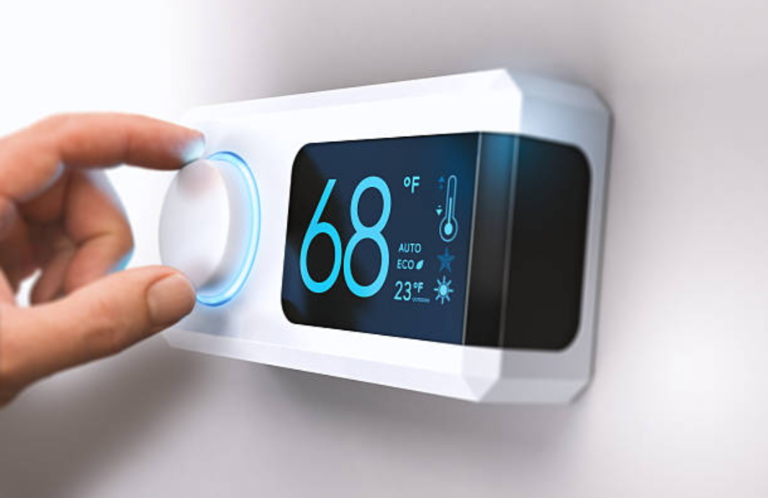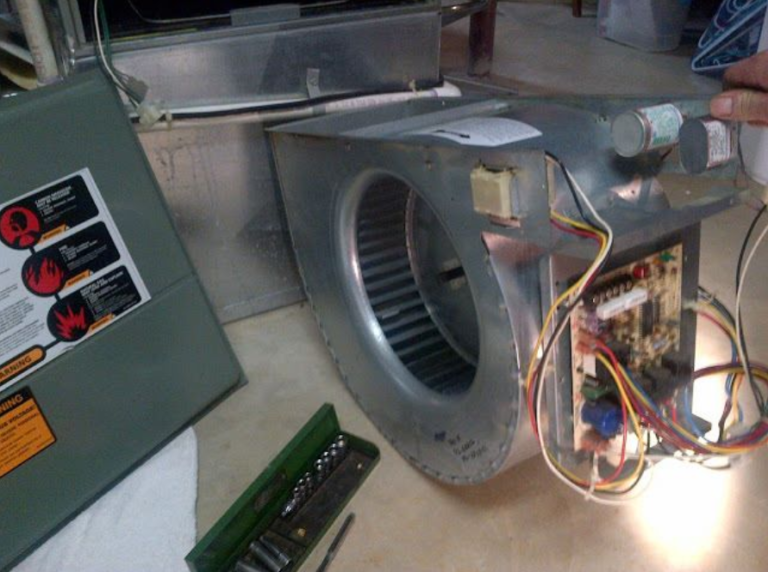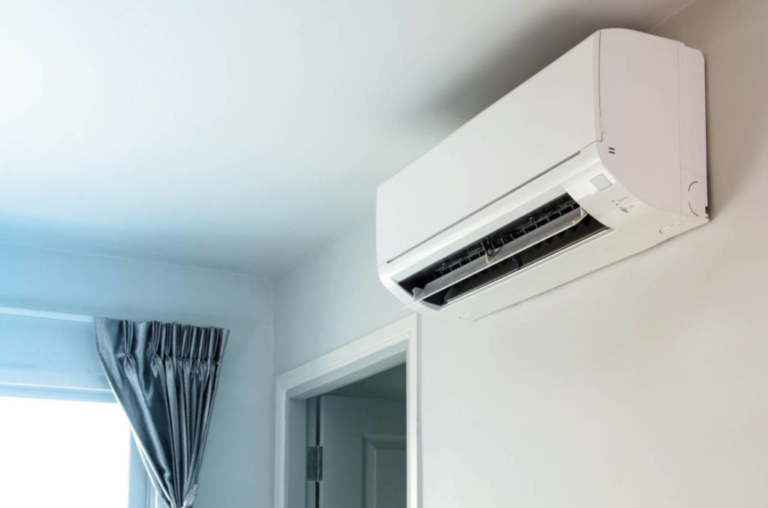Humidifier vs Dehumidifier: Differences and Which One You Need
A humidifier is a device that emits water vapor into the air to increase the level of humidity. A dehumidifier, on the other hand, removes moisture from the air. Both devices are used to achieve a desired humidity level in a room or space, but they work in opposite ways.
Difference Between Humidifier and Dehumidifier
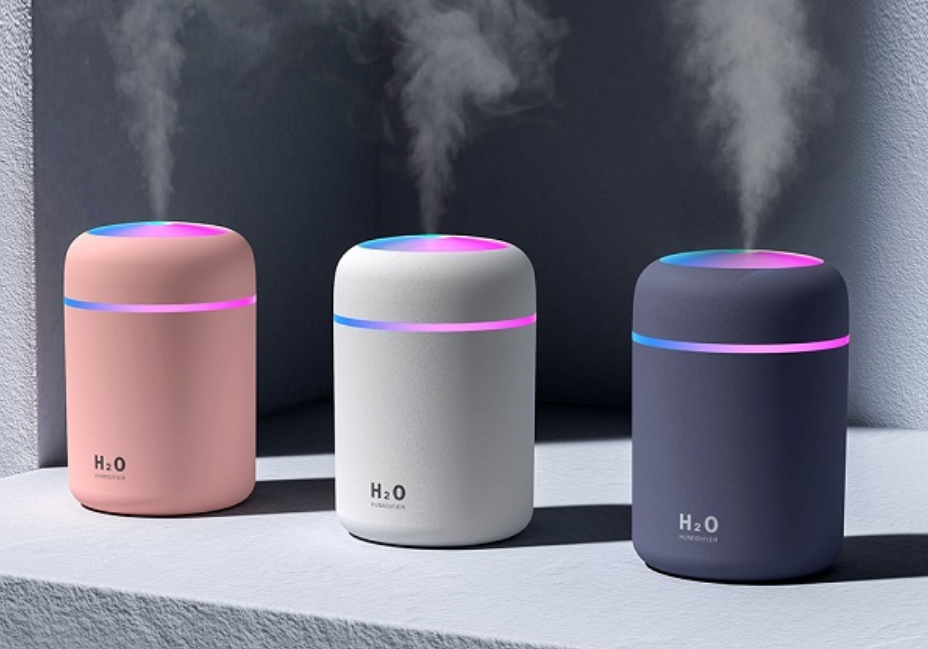
The main difference between a humidifier and dehumidifier is how they alter the humidity in a space. A humidifier adds moisture to the air, while a dehumidifier removes it.
Humidifiers are often used in winter when the air is dry and can cause static electricity, nosebleeds, and cracked skin. Dehumidifiers are often used in summer when the air is muggy and can cause condensation on walls and mold growth.
How does a humidifier work?
A humidifier increases the humidity of a room or space by releasing water vapor into the air. There are several types of humidifiers, but the most common type is an ultrasonic humidifier. This type of humidifier uses high-frequency vibrations to create water droplets that are then released into the air.
How does a dehumidifier work?
A dehumidifier decreases the humidity of a room or space by removing water vapor from the air. Dehumidifiers work by drawing in air from the room and passing it over a cold coil. As the air passes over the coil, the water vapor in the air condenses on the coil and is collected in a container.
What are the benefits of using a humidifier?
Humidifiers can provide many benefits, including:
- Reducing static electricity
- Relieving symptoms of dry skin, such as itchiness and cracking
- Relieving symptoms of respiratory problems, such as congestion and nosebleeds
- Preventing furniture from drying out and cracking
- Protecting musical instruments from damage
- Increasing plant growth
What are the benefits of using a dehumidifier?
Dehumidifiers can provide many benefits, including:
- Reducing condensation on walls and windows
- Preventing mold growth
- Preserving food by keeping it dry
- Improving air quality
- Reducing allergens in the air
Humidifier vs Dehumidifier: Do I Need Humidifier Or Dehumidifier
When the air in your home is too dry, it can cause problems like static electricity, cracking woodwork and furniture, and increased susceptibility to colds and respiratory infections. If the air in your home is too moist, it can encourage the growth of mold and mildew. The ideal relative humidity for a home is between 30 and 50 percent.
If the relative humidity in your home is below 30 percent, you may need a humidifier to add moisture to the air. If the relative humidity in your home is above 50 percent, you may need a dehumidifier to remove excess moisture from the air.
There are several factors to consider when deciding whether you need a humidifier or dehumidifier. These include the climate you live in, the season, the size of your home, and any health concerns you may have.
The Climate You Live In
The climate you live in will play a role in how often you need to use a humidifier or dehumidifier. If you live in an area with high humidity, you may need to use a dehumidifier more often than if you live in an area with low humidity. Conversely, if you live in an area with low humidity, you may need to use a humidifier more often than if you live in an area with high humidity.
The Season
The season also plays a role in how often you need to use a humidifier or dehumidifier. In the winter, when heating systems are running more frequently, the air inside homes tends to be drier. This means that you may need to use a humidifier more often during the winter months. In the summer, when air conditioners are running more frequently, the air inside homes tends to be moister. This means that you may need to use a dehumidifier more often during the summer months.
The Size of Your Home
The size of your home will also play a role in how often you need to use a humidifier or dehumidifier. If you have a large home, you may need to use multiple humidifiers or dehumidifiers to maintain proper relative humidity levels throughout the entire house. If you have a small home, you may only need one humidifier or dehumidifier.
Health Concerns
If you or someone in your family has allergies or asthma, it is especially important to maintain proper relative humidity levels in your home. Dry air can aggravate allergy and asthma symptoms. Moist air can encourage the growth of mold and mildew, which can also aggravate allergy and asthma symptoms.
Humidifier Or Dehumidifier In Winter
As the weather outside gets colder, the air inside your home can become dry and uncomfortable. Low humidity levels can cause static electricity, respiratory problems, and damage to wood furniture and floors.
You may be wondering if you should use a humidifier or dehumidifier to add moisture to the air and improve indoor air quality.
The answer depends on the current humidity level in your home and the outdoor temperature. In general, you should use a humidifier in winter when the indoor humidity level is below 30 percent and the outdoor temperature is above freezing.
If the outdoor temperature is below freezing, you should use a dehumidifier to remove moisture from the air and prevent condensation on windows and other surfaces.


